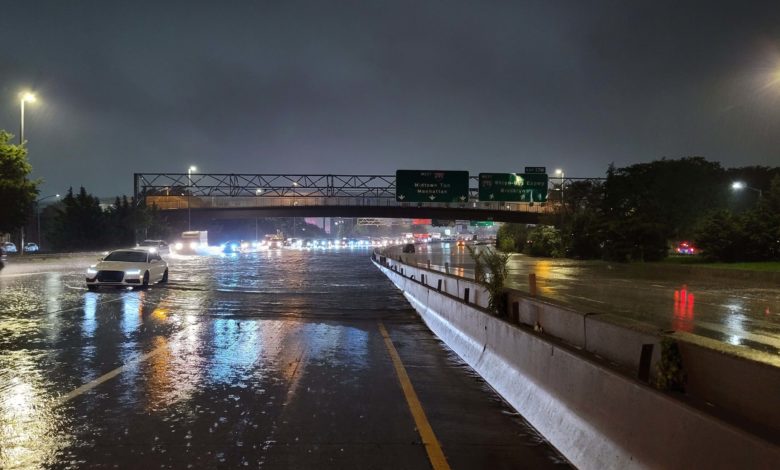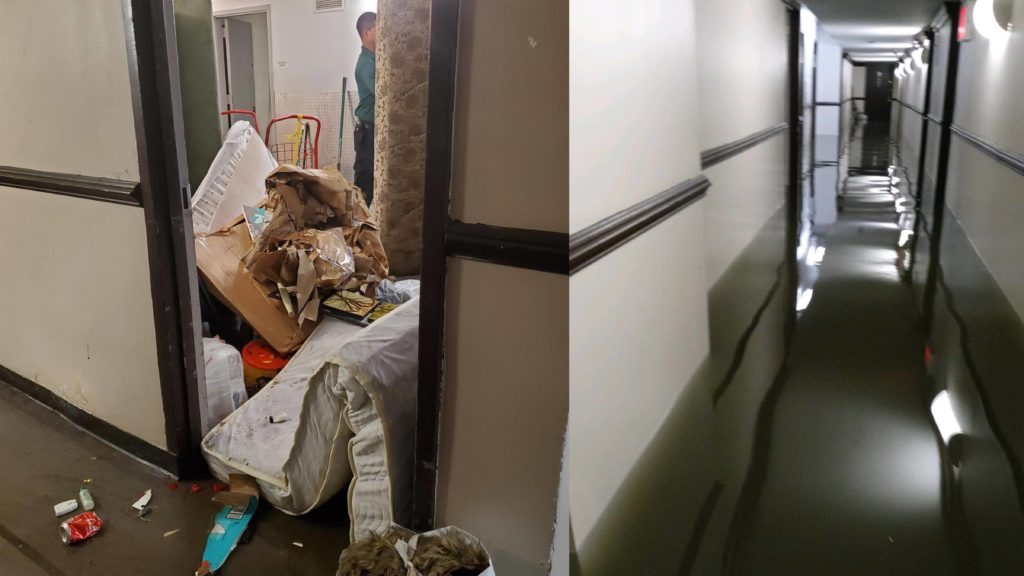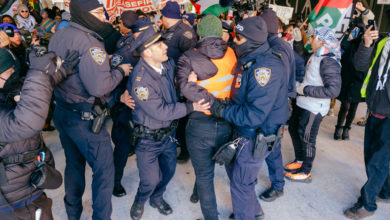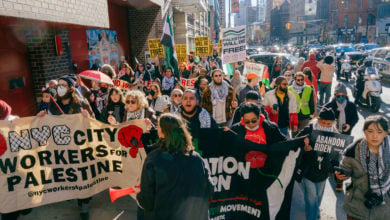
Almost a year after Hurricane Ida hit New York City, flooding subways, streets, and stadiums and killing 13 people, the City Comptroller Brad Lander has denied all citizens’ financial claims for personal property damage brought by the storm.
A total of 4,703 people filed claims against the city, arguing that New York City’s outdated sewage system caused the massive overflow of rainwater, resulting in apartments flooding and damage to personal property.
Lander denied these claims based on an antiquated 1907 precedent which absolves the city of all liability for “extraordinary and excessive rainfalls,” even though the New York City sewage system is hard-pressed to deal with rain of even a tenth of an inch per hour. Today’s increasing torrential rainfall due to climate change is clearly not something that city judges took into account in 1907.
“As a result, the City of New York is not responsible for losses arising from Hurricane Ida, and your claim must be denied,” read the letter sent to thousands of New Yorkers from the comptroller’s office.
These 4,703 New Yorkers desperately needed this financial assistance, which they had poor luck finding elsewhere. The comptroller even acknowledged in the denial letters, “I believe that the City should do more to support New Yorkers to navigate the complex array of relief programs and insurance paperwork that follow natural disasters.”
“I’m up to my wit’s end here trying to get a contractor with a decent price because everything’s going to cost me more than $125,000,” Queens resident Amrita Bhagwandin told the publication The City.
And yet, it does not seem as if the city is prepared for another hurricane in the future. Federal Emergency Management Agency spokesperson Don Caetano, according to The City, “declined to assess the city’s status on preparedness.”
Lives at stake
On Sept. 1, 2021, New Yorkers were hit hard by the remnants of Hurricane Ida. This storm came after a summer of record-breaking rainfall. The scenes captured by working people commuting around the city were distressing: commuters wading through waist-high toxic floodwaters in subway stations or standing on bus seats trying to avoid the river of rainwater rushing through the vehicle.
In New York City, Hurricane Ida took 13 lives, 11 of whom horrifically drowned in unregulated basement apartments due to flooding. As the city becomes increasingly unaffordable, poor and working people turn to illegal and unsafe housing to save money. It was working-class people, many of them Asian American with an average income of $39,763 to $50,952, who drowned that night. And despite the hurricane deaths shedding light on the 100,000 New Yorkers who currently live in unsafe basement apartments, the city has done next to nothing to bring these units up to code.
‘We deserve help’
Organizers with the Party for Socialism and Liberation were immediately on the ground after the Hurricane Ida floods last year and spoke to Queens resident Kendra as she was surrounded by the ruined belongings in her apartment.
“We’re gonna have to throw out furniture. From last night the water was to my knee,” she told organizers. “It became basically a fountain very quick, where it’s hard to try to preserve anything that had been blown to the floor. We had to literally evacuate.”
The city continues to play games with people’s safety, either from slumlords or poor infrastructure. Lives are at stake, and yet billions of dollars more will be diverted to the already bloated New York Police Department budget, which is now the largest it’s ever been at over $11 billion.
As Kendra told PSL organizers last year, “We deserve things being repaired very quickly. We deserve something for property damage. We deserve help.”






